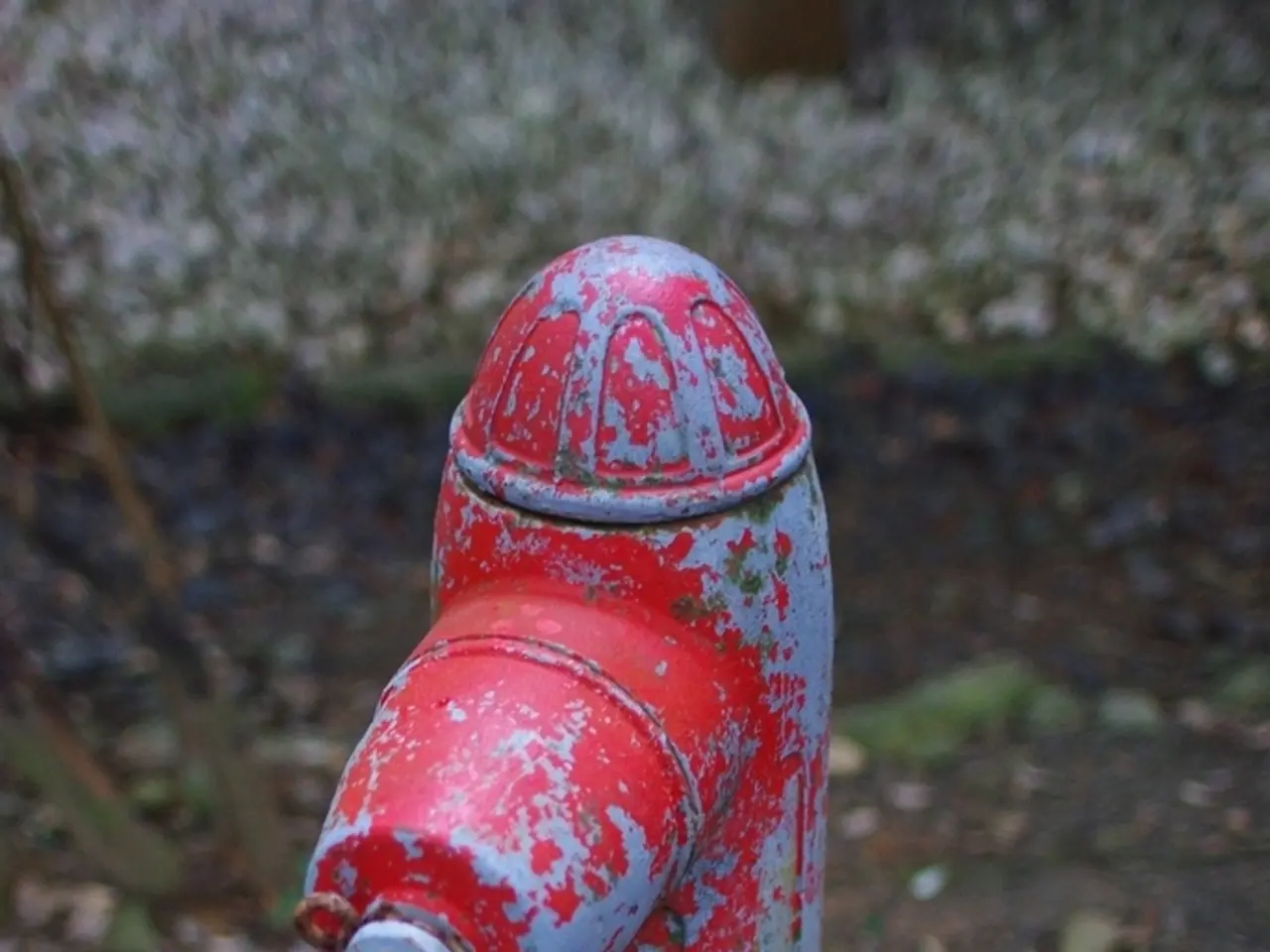In the absence of a water supply in residences: who is responsible for addressing the housing issues related to water access?
In recent times, residents in Russia have been facing issues with poor water quality, low water pressure, or unpleasant odor in their homes. This article aims to provide a clear guide on how to address these concerns effectively.
Firstly, it's essential to report these issues to the local water utility company or housing services responsible for maintaining water supply and pressure in the residential area. By doing so, they can investigate and take necessary steps to rectify the problem[1].
Secondly, if the issue concerns the quality of the water, it's recommended to report this to Rospotrebnadzor, the Federal Service for Surveillance on Consumer Rights Protection and Human Wellbeing. Rospotrebnadzor reviews complaints in accordance with established procedures and enforces compliance with water quality regulations[1].
In some cases, residents should also notify the managing company or TSC for multi-unit buildings, as they are obligated to monitor the quality of communal services[1].
If the problem persists despite contacting the local water utility or the managing company, residents can escalate their complaint to the Regional Housing Inspectorate, especially if the problem originates from internal plumbing or building infrastructure[1].
In the event of an emergency, residents should call the water utility's dispatch, providing the exact address and describing the problem. Upon calling, residents should note the claim number and the time of their call[1]. A written complaint is advisable when dealing with water issues, and it should include copies of any previous complaints sent to the managing company or TSC, along with any responses received[1].
If the water does not meet sanitary standards, residents should contact Rospotrebnadzor directly. A complaint can be submitted on the official website of the federal service, as reported by auf.ru[1].
It's important to note that a new line will appear in housing and communal services bills for Russians - payment is still required. However, information about the specifics of this new line and its relation to water issues was not provided.
Lastly, there is no centralized online system for residents in Russia similar to the EPA Water Technical Assistance in the US. Therefore, contact is usually made through local utility offices or by submitting formal complaints to Rospotrebnadzor.
In conclusion, the responsible parties for resolving these issues are:
- The local water utility or municipal service providers, who manage distribution infrastructure and domestic supply.
- Rospotrebnadzor, which oversees water quality compliance and handles consumer complaints related to water quality violations in Russia[1].
- In some cases, housing maintenance agencies or municipal authorities may also play a role, especially if the problem originates from internal plumbing or building infrastructure.
[1] Information sourced from auf.ru and various regional news outlets.
In the context of Russia, it's crucial to report water-related concerns, such as poor quality, low pressure, or unpleasant odor, to both the local water utility or housing services and Rospotrebnadzor, the Federal Service for Surveillance on Consumer Rights Protection and Human Wellbeing [1]. If the issue involves a multi-unit building, residents should also notify the managing company or TSC. In emergencies, contact the water utility's dispatch, and when dealing with regular issues, a written complaint detailing previous correspondence with the managing company or TSC is advised [1]. Rospotrebnadzor is responsible for enforcing water quality regulations and reviewing complaints related to water quality violations [1].






